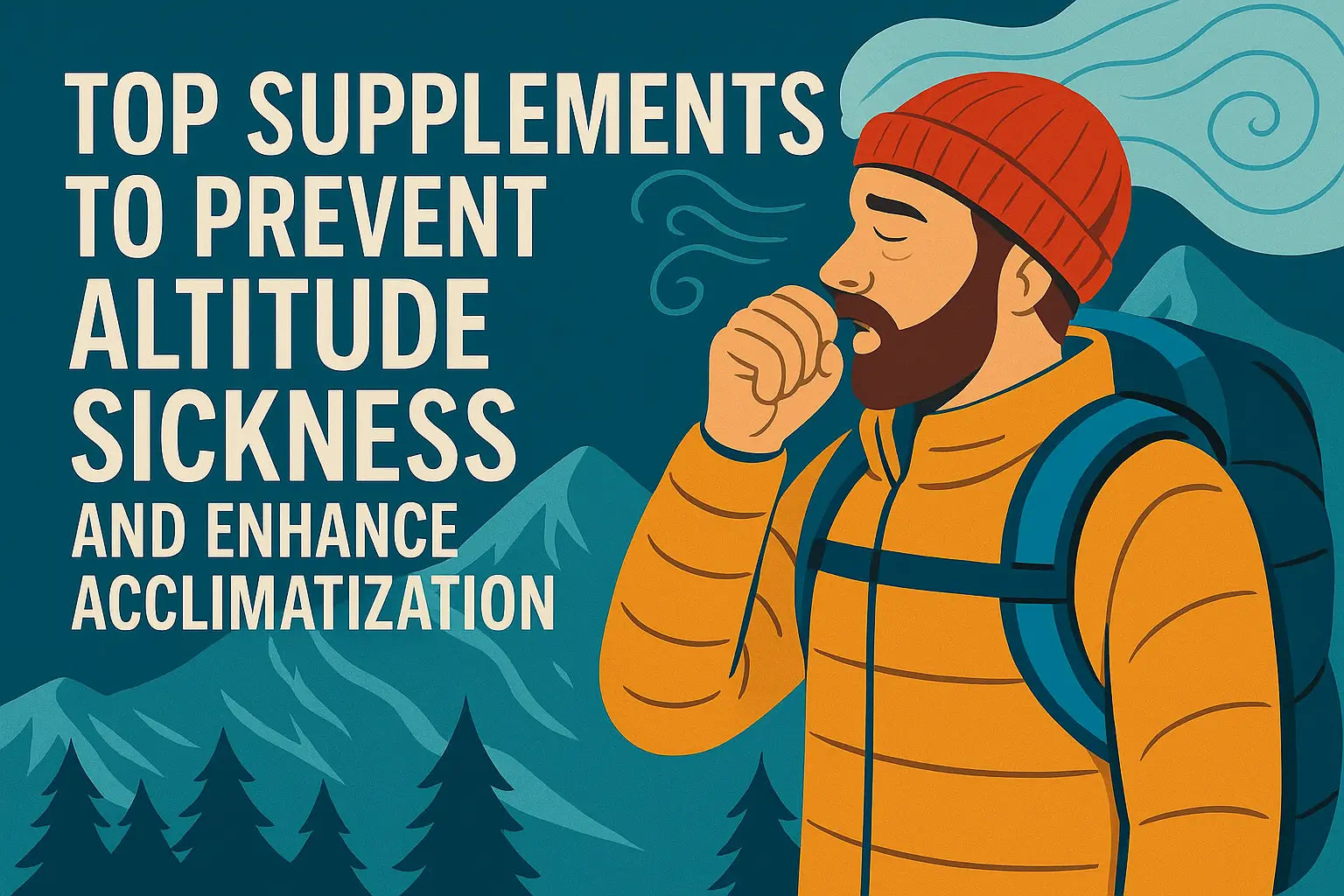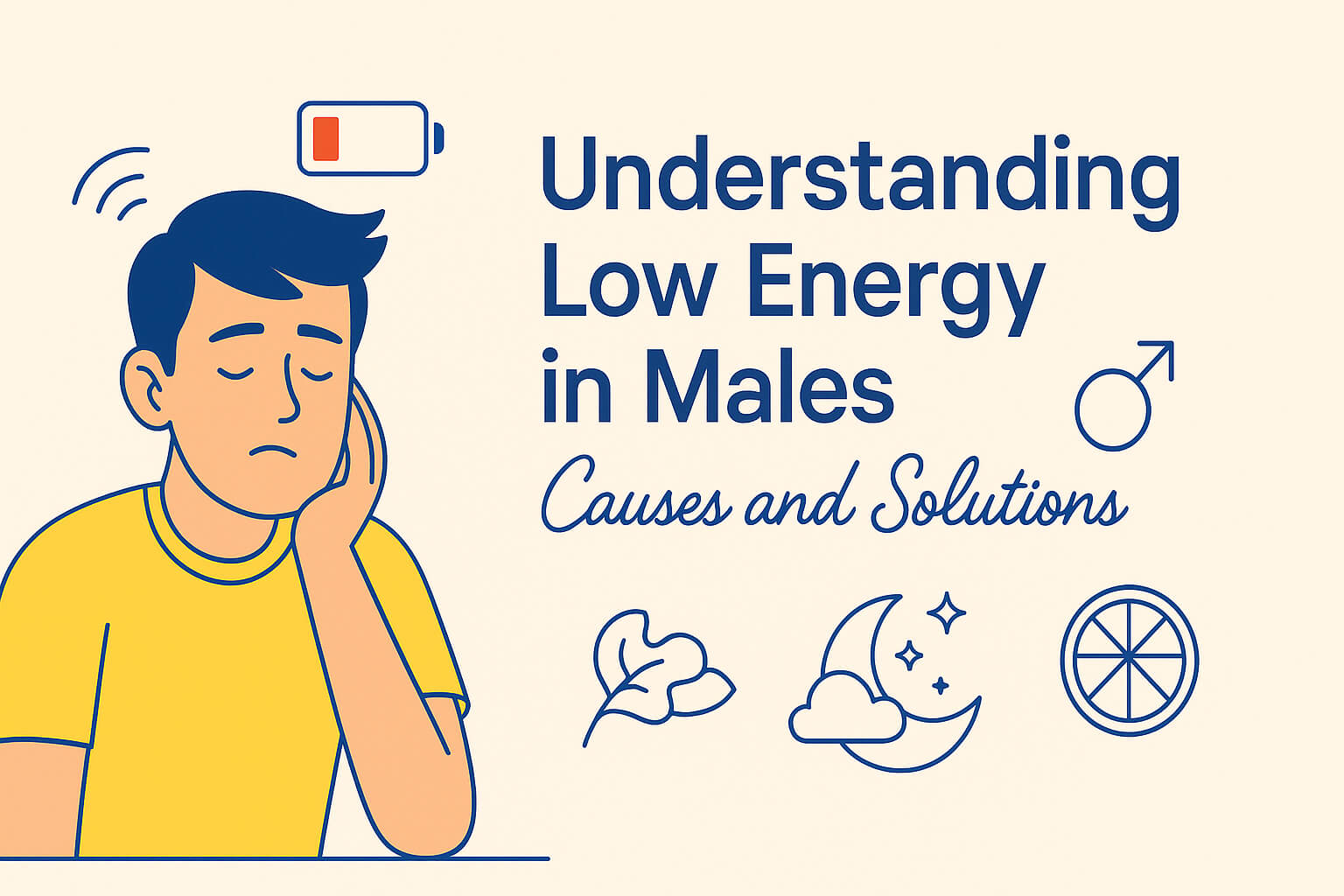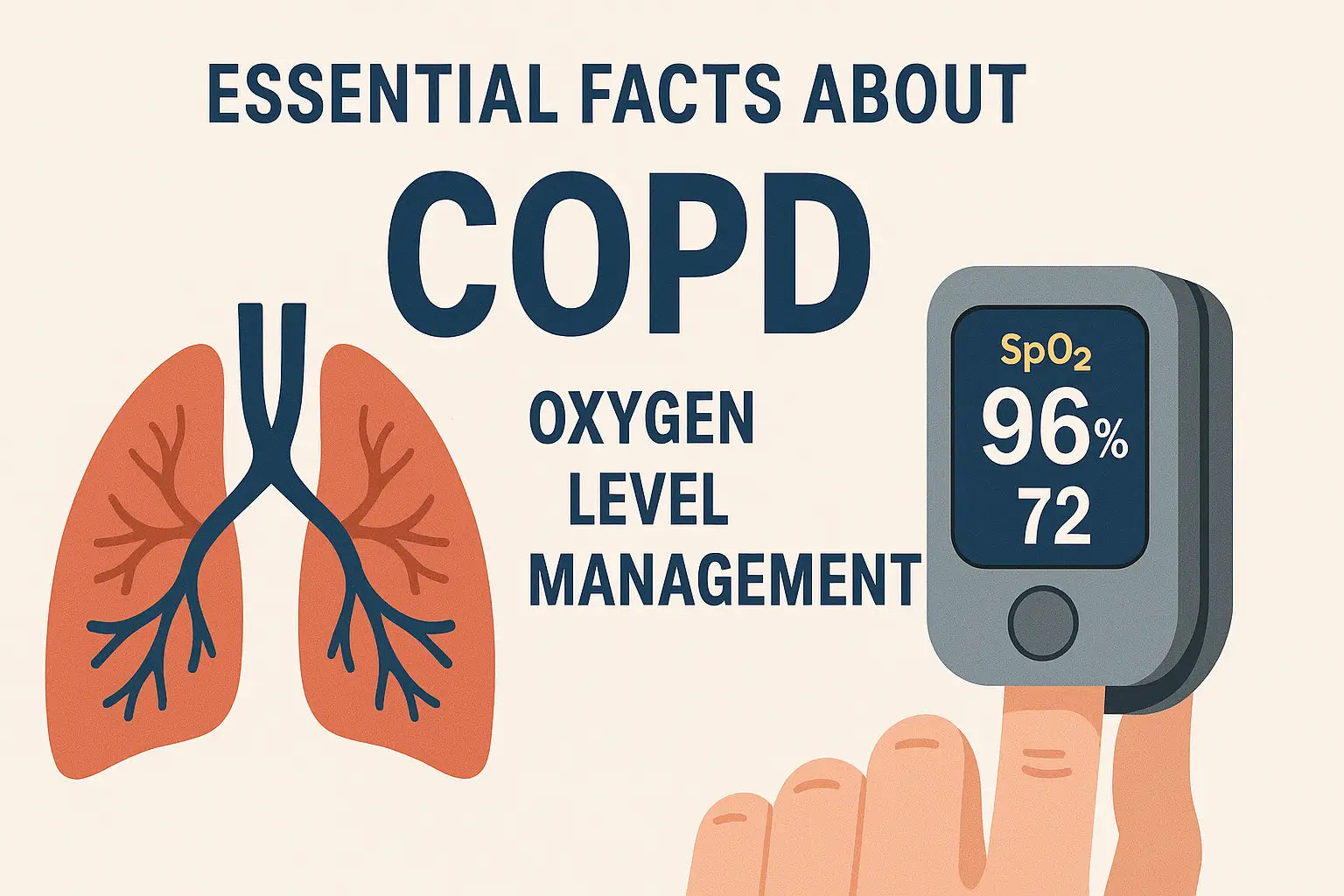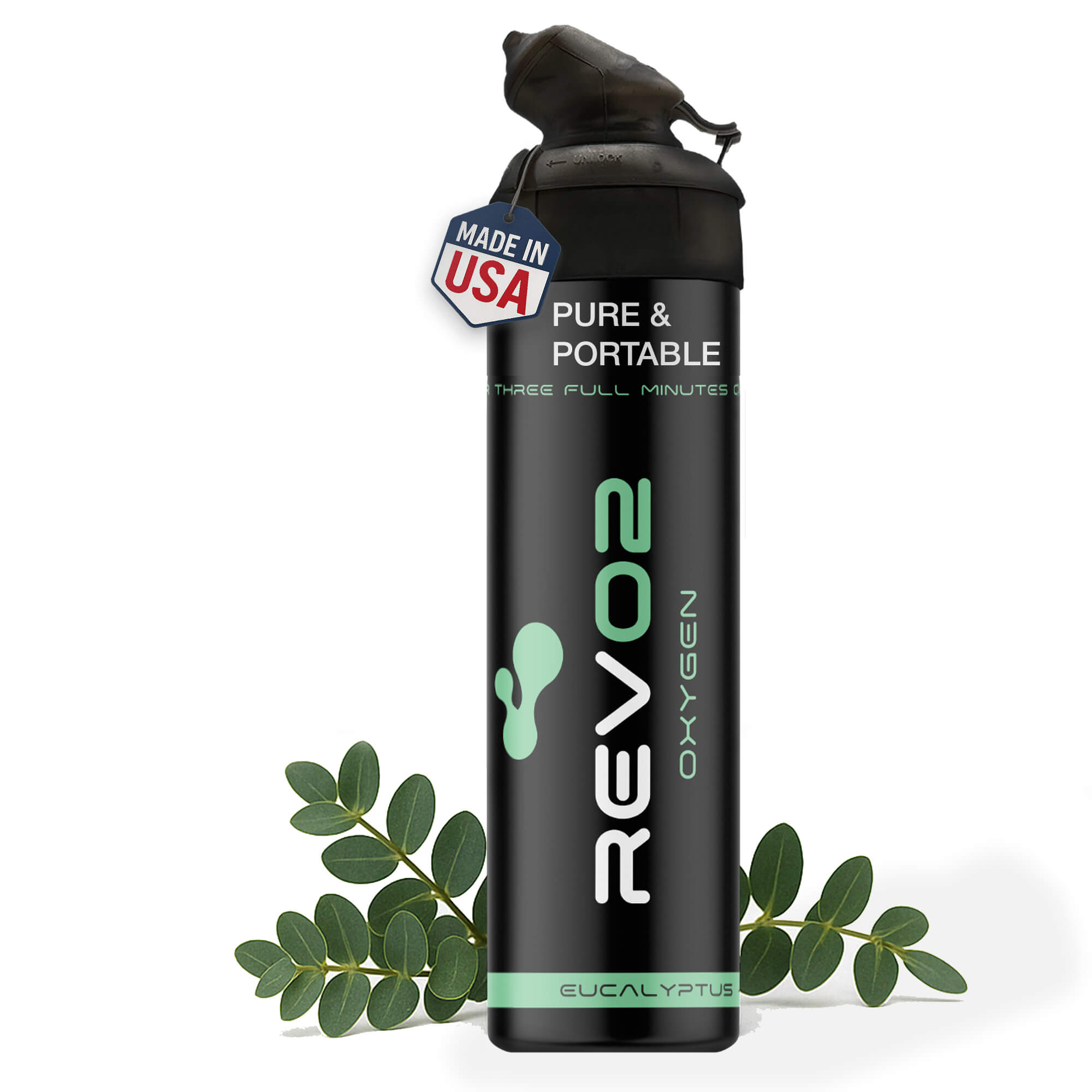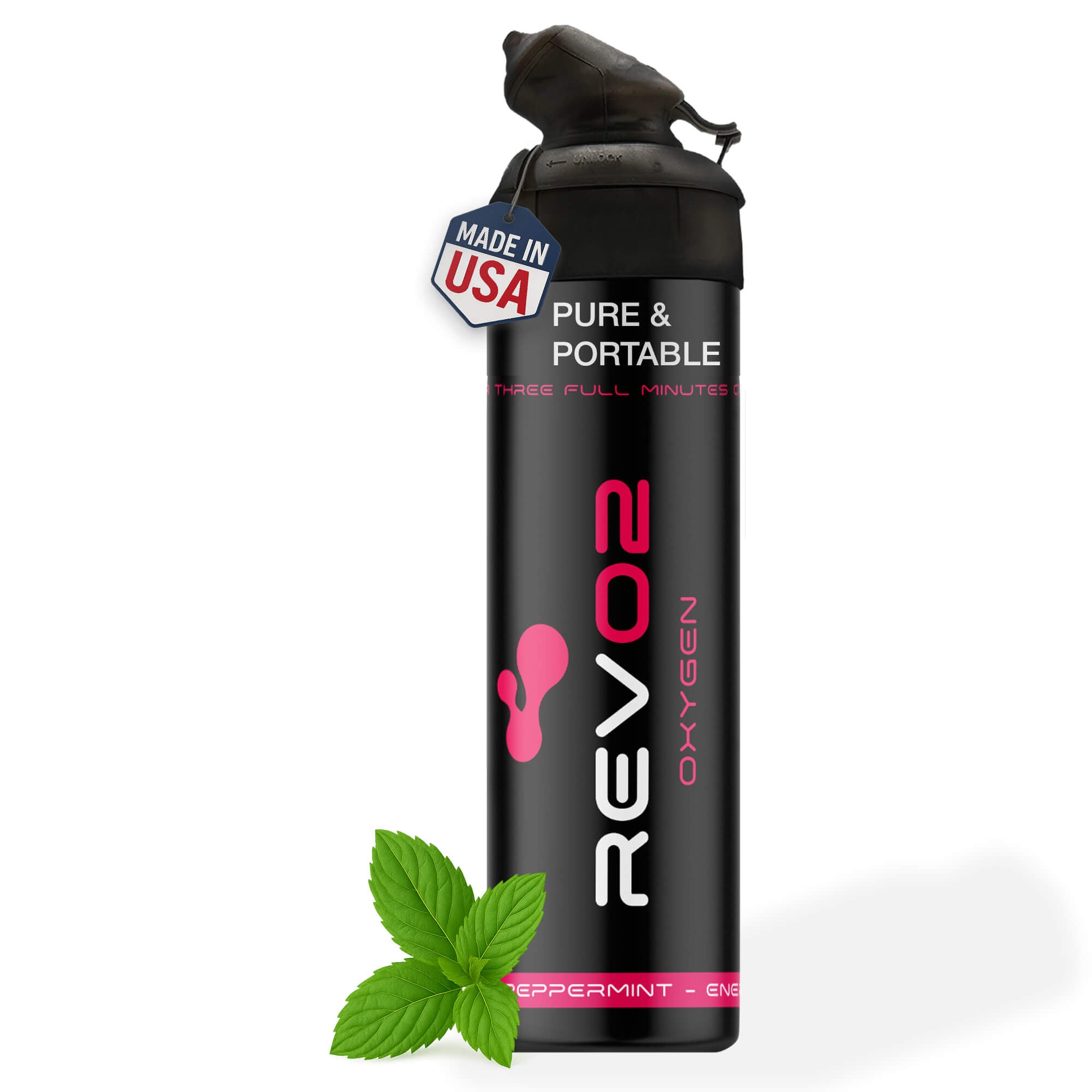Heading to high altitudes? Discover the best supplements to avoid altitude sickness and ensure smooth acclimatization. We’ll cover the best vitamins like Ginkgo Biloba, Rhodiola Rosea, Vitamin C, and more, so you can enjoy your adventure without worrying about altitude sickness.
Key Takeaways
- Altitude sickness arises from rapid ascents to high elevations, affecting anyone regardless of fitness level, with symptoms ranging from mild to life-threatening if untreated.
- Key supplements such as Ginkgo Biloba, Rhodiola Rosea, Vitamin C, Iron, and Alpha-Lipoic Acid can aid in preventing altitude sickness and improving acclimatization by supporting oxygen delivery and reducing oxidative stress. The best treatment for altitude sickness includes natural remedies like coca leaves for nausea and dizziness, staying hydrated, and taking specific vitamins.
- Staying well-hydrated is crucial at high altitudes to prevent altitude sickness, and individuals should consult with healthcare professionals before starting any supplement regimen.
- It is important to give your body time to acclimate to higher elevations. Avoid strenuous activities during the initial days and gradually adjust to the new environment to prevent adverse effects.
Understanding Altitude Sickness

Mountain sickness, also known as altitude sickness, is a condition that can occur at high elevations due to swift increases in elevation.
It often happens when people move up to higher altitudes where the oxygen levels are markedly lower, especially beyond 2,500 meters.
This reduction of oxygen availability, referred to as high altitude hypoxia, may result in various symptoms. Some common signs mimic those of an intense hangover and include:
- headaches
- dizziness
- nausea
- fatigue
- headaches caused by altitude mountain sickness
Ascending too quickly without giving one’s body enough time for acclimatization raises the likelihood of developing this illness.
Altitude sickness does not discriminate based on fitness level. Anyone could be affected. Symptoms vary from minor discomforts to severe ones with acute mountain sickness being a milder form which could progress into more serious conditions such as high altitude pulmonary edema (HAPE) or high altitude cerebral edema (HACE), both potentially fatal if left untreated. Hence prevention and prompt intervention are vital.
Avoiding mountain sickness hinges on comprehending its origins and indicators. With ascent comes thinner air providing less available oxygen for your body—a situation that tends to exacerbate symptoms overnight. Prioritizing gradual ascension and allowing yourself adjustment periods significantly mitigates risks associated with higher altitudes.
To cautious ascension techniques supplements and natural remedies offer extra defense strategies by aiding in preventing mountain illness while managing existing cases effectively at elevated landscapes. Certain supplements, such as antioxidants and beet juice, can improve acclimatization by enhancing oxygen delivery and supporting cellular health.
Understanding High Altitude Pulmonary Edema
High Altitude Pulmonary Edema (HAPE) is a severe and potentially life-threatening condition that can occur when ascending to high altitudes. It is characterized by the accumulation of fluid in the lungs, which can lead to respiratory failure if not promptly addressed. HAPE is a form of altitude sickness, also known as acute mountain sickness (AMS), and arises from the body’s struggle to adapt to the lower oxygen levels found at high elevations.
Symptoms of HAPE include shortness of breath, persistent coughing, and extreme fatigue. These symptoms can escalate quickly, making it crucial to recognize and respond to them early. Treatment typically involves oxygen therapy, rest, and immediate descent to lower elevations to alleviate the strain on the lungs and restore normal oxygen levels.
Preventive measures are essential to reduce the risk of developing HAPE. Gradual acclimatization, avoiding strenuous activities during the initial days at high altitudes, and staying well-hydrated can significantly lower the chances of experiencing this condition. By taking these precautions, you can enjoy your high-altitude adventures while minimizing the risk of severe altitude sickness.
Risks of Chronic Mountain Sickness
Chronic Mountain Sickness (CMS) is a condition that affects individuals who reside at high altitudes for extended periods. Unlike acute mountain sickness, which occurs shortly after ascent, CMS develops over time as the body struggles to adapt to the persistent low oxygen levels. This condition is marked by a range of symptoms, including chronic headaches, fatigue, and shortness of breath.
Living at high elevations increases the risk of developing CMS, which can lead to more serious health issues such as high blood pressure, heart disease, and stroke. The body’s prolonged exposure to low oxygen levels can strain the cardiovascular system, making it crucial to monitor and manage these risks.
Preventive measures for CMS include maintaining a healthy lifestyle, avoiding smoking, and regularly monitoring blood pressure. Ensuring adequate nutrition and staying active can also help mitigate the adverse effects of long-term high-altitude exposure. By taking these steps, individuals living in mountainous regions can reduce their risk of developing CMS and maintain better overall health.
Key Supplements for Preventing Altitude Sickness

Taking dietary supplements can be instrumental in safeguarding against altitude sickness and boosting your body’s adaptation capabilities at high altitudes. Such supplements aim to mitigate the negative effects associated with high altitude, where less oxygen is available, increase energy levels, and supply essential nutrients required for peak performance. Taking vitamins, particularly those rich in antioxidants like Vitamin C and E, can help mitigate the symptoms of acute mountain sickness (AMS) and enhance the body’s ability to acclimatize. Although natural remedies may provide fewer side effects and more sustained advantages, it is imperative to seek advice from a healthcare professional before beginning any supplement plan, particularly if you have pre-existing medical conditions.
We will now delve into some of the top dietary supplements that are known for their effectiveness in preventing altitude sickness.
- Ginkgo Biloba
- Rhodiola Rosea
- Vitamin C
- Iron
- Alpha-Lipoic Acid
Each mentioned supplement possesses distinct properties that aid in circumventing altitude sickness and maximizing your enjoyment while engaging in activities at elevated heights.
Ginkgo Biloba
Ginkgo Biloba, an herbal supplement revered for its ability to boost cognitive function and blood circulation over many centuries, can be especially advantageous at high altitudes where the availability of oxygen is reduced. The mechanism by which Ginkgo Biloba offers these benefits involves the expansion of blood vessels that consequently improves both blood flow and the delivery of more oxygen to the brain. This action not only assists in mitigating symptoms associated with altitude sickness, but also elevates levels of nitric oxide.
Evidence from clinical studies indicates that using Ginkgo Biloba has a significant impact on lowering both how often people experience altitude sickness and its severity when it does occur. Introducing this natural remedy into your daily health routine may enhance overall well-being and strengthen one’s capacity to cope with the physiological stresses encountered during excursions or residence at elevated altitudes.
Rhodiola Rosea
Rhodiola Rosea, recognized as an adaptogenic herb, aids the body in adjusting to diverse stressors and is especially beneficial at high altitudes. It acts as a support system for the body’s ability to cope with both physical and mental strains that are typically encountered when dealing with higher elevations.
Studies suggest that Rhodiola Rosea may boost acclimatization by promoting better oxygen usage and diminishing fatigue related to altitude exposure. Incorporating this supplement into your daily routine could enhance physical capabilities, foster more effective acclimatization at high altitudes, and assist in treating altitude sickness.
Vitamin C
Vitamin C, recognized for its potent antioxidant capabilities, can mitigate the impact of high altitude when consumed in regular daily doses. It is crucial in fortifying immune defenses, which becomes increasingly important at higher elevations where one’s body faces heightened oxidative stress and vulnerability to illness. Vitamin E along with other vitamins play an integral role in maintaining overall health.
Incorporating Vitamin C into your daily routine amplifies its effectiveness against the oxidative strain encountered at elevated altitudes and aids in preserving general wellness while also reducing the risk of altitude sickness. Including this dietary supplement as part of your vitamin intake not only bolsters your body’s endurance but also enhances your experience when exposed to lofty heights, positioning it among the best vitamins for individuals susceptible to such conditions.
Iron
Iron plays a vital role in producing hemoglobin, essential for transporting oxygen in conditions where there’s limited availability of oxygen. Ensuring sufficient iron intake is pivotal for individuals adapting to higher altitudes and the production of red blood cells.
Keeping appropriate levels of iron allows your body to effectively move oxygen around, thereby diminishing the chance of experiencing altitude sickness and augmenting performance at high altitudes. Incorporating iron into your dietary supplements can markedly boost your body’s resilience against the strain imposed by high-altitude conditions.
Alpha-Lipoic Acid
Alpha-lipoic acid, a powerful antioxidant, has been shown to shield the body from oxidative stress experienced at high altitudes by exerting a protective effect, especially for individuals who ascend to high altitudes within a short period. Its ability to boost mitochondrial energy output is especially advantageous for individuals who have not acclimatized to the higher altitudes.
Administering alpha-lipoic acid as a supplement prior to and while being exposed to high altitude conditions can aid in diminishing oxidative stress and elevating energy levels within the body. Adding this substance into one’s routine could enhance readiness when facing the rigors of traveling at high altitudes.
Staying Healthy with Magnesium and Zinc
Magnesium and zinc are essential minerals that play a pivotal role in maintaining overall health, especially at high altitudes. Magnesium is crucial for regulating blood pressure and supporting muscle and nerve function, while zinc is vital for immune function and wound healing. Both minerals can help reduce the risk of developing altitude sickness, including acute mountain sickness (AMS) and high altitude pulmonary edema (HAPE).
Incorporating foods rich in magnesium and zinc into your diet, such as nuts, seeds, and whole grains, can support your body’s ability to cope with the stresses of high altitudes. Additionally, dietary supplements containing these minerals can provide an extra boost to your overall health and resilience against altitude-related illnesses.
By ensuring adequate intake of magnesium and zinc, you can enhance your body’s ability to adapt to high altitudes, reduce the risk of sickness, and maintain optimal health during your high-altitude adventures.
Role of Vitamin D in Altitude Acclimatization
Vitamin D plays a crucial role in altitude acclimatization by helping to regulate blood pressure and support immune function. At high elevations, reduced sunlight exposure can lead to lower vitamin D production in the body, increasing the risk of developing altitude sickness. Supplementing with vitamin D can help mitigate this risk by bolstering the immune system and supporting overall health.
Foods rich in vitamin D, such as fatty fish, egg yolks, and fortified dairy products, can help maintain adequate levels of this essential nutrient. Additionally, vitamin D supplements can provide a reliable source of this vitamin, especially when sunlight exposure is limited.
By ensuring sufficient vitamin D intake, you can support your body’s ability to acclimatize to high altitudes, reduce the risk of illness, and enhance your overall well-being during high-altitude excursions.
Additional Natural Remedies for High Altitudes

Besides dietary supplements, numerous natural treatments can assist in preventing altitude sickness and enhance the process of acclimatization. These alternatives typically present fewer side effects and are considered safer, contributing to better acclimatization and improved performance when at higher altitudes. It’s important to recognize that these natural solutions should not be seen as a substitute for ensuring adequate oxygen levels while at elevated altitudes. Additionally, product safety is crucial, and it is recommended to choose supplements manufactured in an FDA registered facility adhering to Good Manufacturing Practices (GMP).
We will delve into two prominent natural remedies: coca leaves and Pleurospermum Lindleyanum. Historically utilized by various cultures, these substances have been known for their effectiveness in addressing the symptoms associated with altitude sickness and bolstering overall health. They provide an organic approach to treating issues related to high-altitude exposure.
Coca Leaves
In South America, the coca leaf has long been harnessed for its ability to enhance respiration and mitigate altitude sickness symptoms. Consuming these leaves either by chewing or as a tea can improve oxygen absorption, helping diminish the unease that often accompanies travel at high altitudes, including headaches caused by altitude mountain sickness.
On our latest journey through the Andes, we discovered firsthand how essential coca leaves are as a natural remedy. They played a crucial role in preserving our vigor and countering the effects of altitude sickness, which enabled us to make the most of our high-elevation exploration.
Pleurospermum Lindleyanum
The substance derived from Pleurospermum Lindleyanum is recognized for its ability to counteract oxidative damage and shield the heart. This botanical can substantially bolster health at elevated altitudes by aiding the body in coping with oxidative stress and promoting better cardiovascular well-being. Few studies have explored its full therapeutic potential, indicating a need for further research.
Adding Pleurospermum Lindleyanum to your collection of natural treatments may boost your body’s capacity to withstand the demands of high altitudes. Employing this herbal option could be an essential component of preparing yourself for dealing with high-altitude conditions.
Hydration and Its Role in Preventing Altitude Sickness

It is vital to maintain hydration at elevated heights since the body dehydrates at twice the normal rate compared to being at sea level. To make up for this heightened water depletion, it’s advised that individuals consume an additional 1-1.5 liters of water daily when situated in high-altitude environments. Keeping an eye on urine color can serve as a reliable indicator of hydration status. Ideally, urine should be a pale yellow if one is adequately hydrated.
Proper hydration plays a significant role in mitigating symptoms associated with altitude sickness, including headaches. This relief is enhanced by ensuring adequate rest and allowing time for acclimatization to higher altitudes. Given the lower humidity levels and greater exposure to wind and sunshine encountered at higher elevations, there’s an increased urgency to drink plenty of fluids consistently in order to fend off dehydration and its subsequent health hazards. Staying well-hydrated ensures you can fully enjoy your entire trip without the negative side effects of altitude sickness.
Enhancing Acclimatization with Diet
A well-balanced diet is key to enhancing acclimatization to high altitudes and reducing the risk of developing altitude sickness. Foods rich in antioxidants, such as vitamins C and E, can help reduce oxidative stress and support immune function. Including complex carbohydrates, like whole grains, in your diet can provide sustained energy and support overall health.
Avoiding heavy meals and staying well-hydrated are also crucial for reducing the risk of altitude sickness. Additionally, incorporating natural medicines such as ginkgo biloba and rhodiola rosea into your diet can support cognitive function and help manage the stress associated with high altitudes.
By maintaining a healthy diet and lifestyle, you can enhance your body’s ability to adapt to high altitudes, reduce the risk of altitude-related illnesses, and enjoy your high-altitude adventures to the fullest.
Tips on Using Supplements Safely
In order to safeguard against altitude sickness, it is important to adhere to safety protocols when using dietary supplements. Before incorporating any such products, like HIGH ALTITUDE RELIEFTM, into your regimen, consulting with a healthcare professional is essential. It’s also vital to stick strictly to the suggested dosage for both product effectiveness and personal well-being. The best treatment for altitude sickness often includes natural remedies like coca leaves for nausea and dizziness, staying hydrated, and taking specific vitamins.
Taking the proper amount of HIGH ALTITUDE RELIEF capsules according to instructions—four capsules taken twice daily beginning one day prior to ascent—is recommended for anyone venturing into high altitudes. Bear in mind that within any 24-hour timeframe, you should not exceed four capsules.
By following these directives meticulously, individuals can utilize dietary supplements as a reliable measure for averting sickness at higher elevations while ensuring their own health and maximizing the benefits of these aids during activities involving significant changes in altitude.
The Role of Supplemental Oxygen

Using additional oxygen can significantly mitigate the effects of altitude sickness and boost performance at high altitudes. It’s particularly important for maintaining quick thinking and sound decision-making when cognitive abilities might be compromised by lower oxygen levels at altitude. Athletes stand to gain from supplemental oxygen too, as it can enhance endurance and improve their performance without compromising their health by delivering more oxygen to their cells.
Products such as REV/O2 offer an easily transportable source of 98% pure oxygen in a compact, ready-to-travel canister, ideal for recreational activities. This extra supply of oxygen could prove critical in preventing severe altitude-related conditions like High Altitude Pulmonary Edema (HAPE) while ensuring that your body has access to the increased amount of necessary oxygen.
By integrating supplemental oxygen in a can into your acclimatization plan, you’re able to breathe more comfortably and focus on enjoying your high-altitude adventure without worrying about symptoms related to sickness from higher elevations.
Summary
To mitigate altitude sickness and foster better acclimatization at high altitudes, a well-rounded strategy is essential. Recognizing the causes and symptoms associated with altitude sickness can help you prepare for it effectively. To treat altitude sickness, utilizing important supplements such as Ginkgo Biloba, Rhodiola Rosea, Vitamin C, Iron, and Alpha-Lipoic Acid alongside natural remedies like coca leaves and Pleurospermum Lindleyanum can significantly enhance your experience when visiting areas of elevated altitude.
Ensuring adequate hydration levels, employing safe supplement practices, and incorporating supplemental canned oxygen, such as REV/O2, are vital aspects to consider in preparation for venturing into higher elevations. These approaches will allow you to navigate mountainous regions confidently while appreciating their stunning vistas fully. Preparing yourself thoroughly is crucial. Armed with accurate information and appropriate tools, scaling great heights becomes much more manageable.
Frequently Asked Questions
What happens to oxygen levels as altitude increases?
At higher elevations, the body encounters lower levels of oxygen due to an increase in altitude, which can impact physical capabilities and general health by limiting available oxygen.
How can I prevent altitude sickness when traveling to high altitudes?
To prevent altitude sickness, it is advisable to stay hydrated, consider dietary supplements such as Ginkgo Biloba and Vitamin C, and use supplemental oxygen if necessary.
Taking these precautions can significantly reduce your risk of experiencing altitude-related issues.
What distinguishes supplemental oxygen from medical oxygen?
The primary use of supplemental oxygen is to relieve altitude sickness and enhance performance at high altitudes, while medical oxygen is designed specifically for treating a range of health conditions.
Are there any natural remedies for altitude sickness?
Yes, natural remedies such as coca leaves and Pleurospermum Lindleyanum can effectively alleviate symptoms and aid in acclimatization to high altitudes.
What are the common symptoms of altitude sickness?
It is vital to identify the symptoms of altitude sickness, such as nausea, headaches, dizziness, and weakness. Early recognition enables immediate measures to be taken in order to avoid more serious issues.

